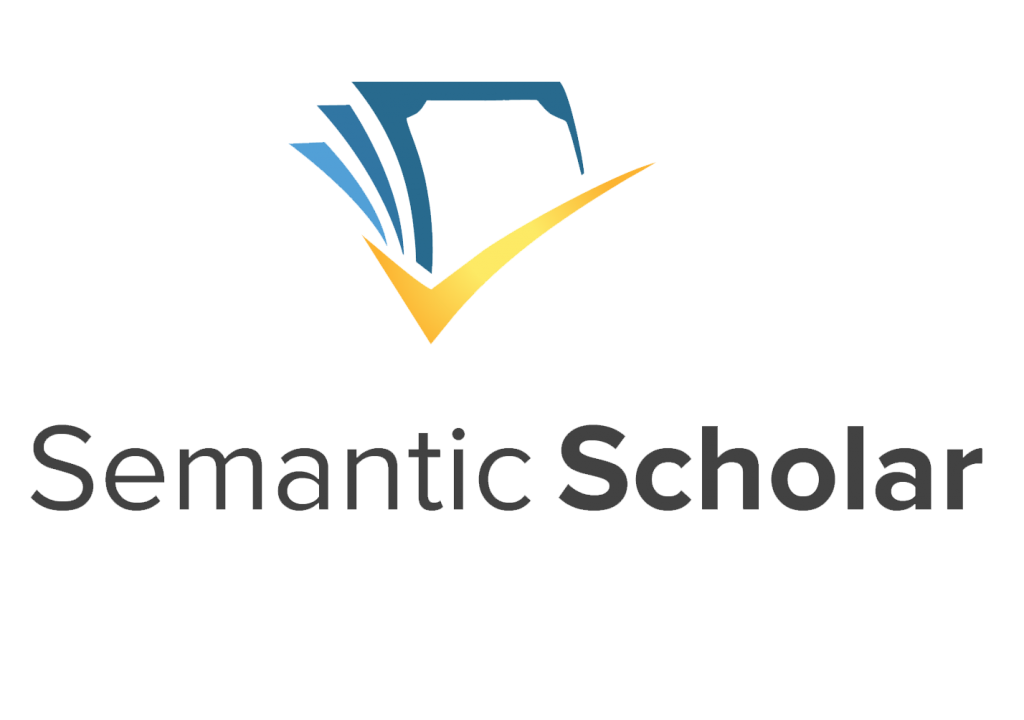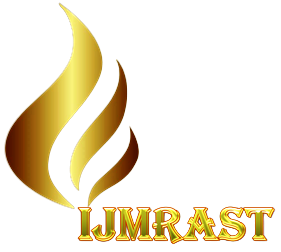Plagiarism Policy
International Journal of Multidisciplinary Research in Arts, Science and Technology (IJMRAST) Publishing Group participates in Cross Check, an initiative designed to assist editors in verifying the originality of submitted manuscripts. As part of this process, selected submissions are scanned and compared with the Cross Check database.
Plagiarism occurs when an author attempts to present someone else’s work as their own. Duplicate publication, often referred to as self-plagiarism, happens when an author reuses substantial parts of their own previously published work without appropriate citations. This can include publishing the same paper in multiple journals or "salami-slicing," where small amounts of new data are added to a prior paper.
PLAGIARISM PRIOR TO PUBLICATION
International Journal of Multidisciplinary Research in Arts, Science and Technology (IJMRAST) will evaluate any instances of plagiarism stringently. If plagiarism is identified by an editorial board member, reviewer, or editor at any stage of the article process—whether before or after acceptance—the author(s) will be notified and asked to revise the content or properly cite the sources. If more than 20% of the manuscript is found to be plagiarized, the article may be rejected, and the author will be informed.
By submitting their manuscript to the journal, authors affirm that it is original, unpublished work and is not under consideration elsewhere. The journal does not tolerate plagiarism, including self-plagiarism, which involves the duplicate publication of the author’s own work without proper citation. Manuscripts may be assessed for originality using anti-plagiarism software.
Plagiarism misrepresents the ideas, words, and other creative expressions of others as one's own and violates copyright law. It can take several forms:
- Copying text directly from another source.
- Intentionally using parts of another author's work without proper attribution.
- Reproducing figures, tables, equations, or illustrations that are not widely known without acknowledgment.
- Downloading or using text from the internet without citation.
- Copying or downloading figures, photographs, or diagrams without citing the source.
If a publication is submitted that was originally published in another language, the authors must identify the title, date, and journal of the original work, and obtain the necessary copyright permissions. The editor may accept such translations to reach a broader audience.
If authors wish to use material from other works, it is essential to provide appropriate citations. Otherwise, they must completely rephrase the content in their own words.
ACKNOWLEDGING SOURCES
Self-plagiarism is also a concern. We define self-plagiarism as the verbatim or nearly verbatim reuse of significant portions of one's own copyrighted work without citing the original source. Self-plagiarism does not apply when publications are based on the author’s own previously copyrighted work (e.g., from conference proceedings) where an explicit reference to the prior publication is made. Such reuse does not require quotation marks but must include a citation of the original source.
AI Plagiarism Policy:
International Journal of Multidisciplinary Research in Arts, Science and Technology (IJMRAST) do not accept AI-generated content with more than 20% plagiarism. If more than 20% of the paper is AI plagiarized- the article may be rejected and the same is notified to the author.








